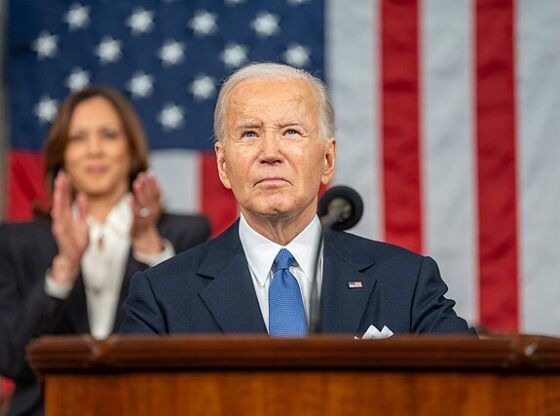Retired Commanding General George Casey, the 36th Chief of Staff for the U.S. Army, spoke to a group of over 40 people in the Daniels College of Business last Tuesday on the subject of leadership.
Casey served as the Senior Coalition Commanding General in Iraq from 2004-2007, and was nominated to the position of Chief of Staff of the Army in 2007. During his time as Chief of Staff, he led 1.1 million people and managed an annual budget of over $200 million. He said he has been speaking at several business schools recently, and was “pleased”when Daniels accepted his request to speak there as well.
Casey, a DU alumnus, started by using his experience in Iraq as an example of a situation that requires strong leadership. He said that we live in a world that is “VUCA”, or volatile, uncertain, complex and ambiguous.
“That’s the world you’re going to be dealing with as you move forward,” he told the students in the room.
“Iraq was the most complex environment I’ve ever worked in,” Casey said. “With every decision, there were multiple and compelling internal and external challenges.”
To deal with a complex environment like Iraq, Casey said it is important for leaders to have vision, courage and character. He defined vision as having the foresight to see something in the future that’s not apparent to everyone else, and said it is the job of a leader to use vision and values to prepare followers for the future.
“People trust leaders that live by their values,” Casey said.
He also said courage is necessary for leaders because they must be willing to take risks, and explained that character is shown when leaders are able to be resilient when a risk turns out poorly.
Casey outlined six additional strategies for good leadership, including: developing and visualizing strategies, building consensus, building teams, identifying opportunities, having good communication and developing self.
Casey cited clarity as a very important aspect to building consensus and creating a working team, making it another essential aspect of leadership.
He said being able to effectively impose one’s will is crucial to creating a good team, and that clarity is extremely important to accomplishing this.
“Before you can impose your will on your enemy, you have to impose it on your staff,” said Casey. He continued by saying to accomplish this, “Your strategy needs to be as clear and direct as your vision.”
Finally, Casey stressed the importance of leaders taking care of themselves, and encouraged those in attendance to invest the time as a leader to be physically, mentally and emotionally strong enough to deal with challenges.
“A leader is the face of an organization in good times and bad,” said Casey. “The higher up you get, the more you realize it’s ok to say ‘I don’t know’.”
David Kloeckner, a second-year IMBA student at the Daniel’s College of Business, said he enjoyed hearing General Casey’s view on leadership. Kloeckner said Casey’s military examples could be easily transferred to the business world.
“[General Casey] had a very good description of vision—how that’s implemented and what that means,” said Kloeckner. That was my biggest takeaway.”











